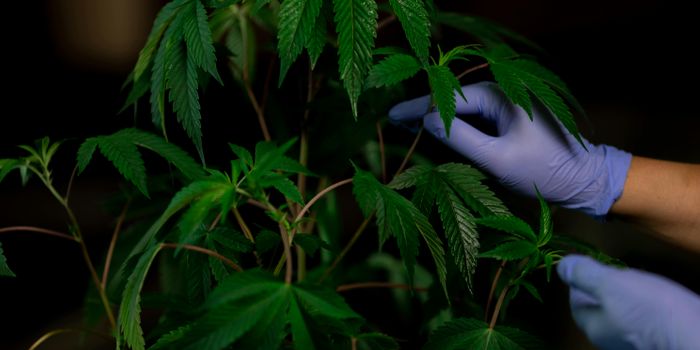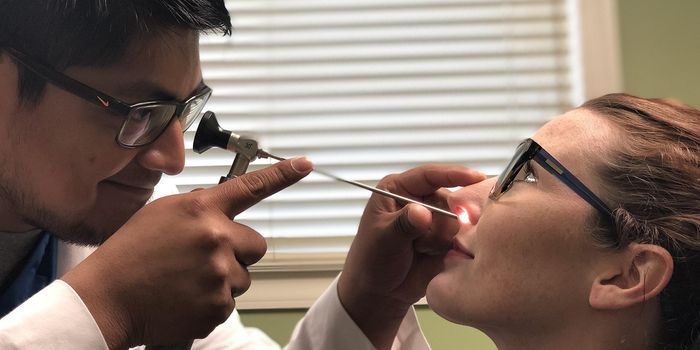Advances in Medical Cannabis for Treating Autism Spectrum Disorder
Encouraging clinical evidence has recently sparked an emerging interest in the use of CBD-enriched medical cannabis as a treatment for autism spectrum disorder (ASD). However, there is a lack of pre-clinical research on the underlying neurobiological properties to substantiate these clinical observations. Moreover, because many individuals with ASD are children and young adults, there are medical and ethical concerns that surround the use of cannabis as a possible treatment.
ASD is a neurodevelopmental disability characterized by a broad range of symptom manifestations (often referred to as ‘the spectrum’). Core symptoms of the spectrum include impaired social communication; as well as confined and repetitious patterns of behavior, interests, or activities. Aside from these core symptoms, comorbidities – such as intellectual disabilities, anxiety, and seizures – often accompany ASD.
Although the complete etiology of the disability remains under investigation, potential factors have been implicated in ASD pathophysiology. Notable potential contributors include: genetics (specifically, SHANK3 mutations); enhanced neuroinflammatory state; inhibition/excitation ratio imbalance of the endocannabinoid system (ECS); and an increased excitatory glutamate to inhibitory gamma-aminobutyric acid (GABA) neurotransmitter ratio (E/I) in the cerebrospinal fluid (CSF).
Medical cannabis has the potential to treat ASD by intervening at the biochemical level. Recent studies have implicated ECS imbalance as a possible driving mechanism of ASD core symptoms and comorbidities. Furthermore, research suggests that CBD elicits anxiolytic, anti-epileptic, and anti-inflammatory effects. Investigations on the effects of other cannabinoids in relieving ASD core symptoms are underway, with Δ9-tetrahydrocannabinol (THC) and cannabidvarin (CBDV) gaining headway as potential therapeutic compounds.
Medical concerns surrounding the use of medical cannabis as an ASD treatment are focused on its potentially harmful effects on development in children and young adults. Developing neurological systems – such as the glutamatergic, dopaminergic, and endocannabinoid systems – are dynamically rearranging and maturing. Previous studies have implicated some cannabinoids – namely THC – in having negative effects on the brain during development. However, another recent study in an ASD genetic mouse model found that chronic treatment with medical cannabis oils containing low doses of THC did not impair cognitive function, did not increase susceptibility to negative mood, and did not impede appetite or physical maturation.
Although a slew of further functional studies needs to be performed before making medical cannabis a clinically available treatment for ASD, the future looks bright as researchers delve deeper into understanding the role of the ECS in ASD.
Sources: CDC; Translational Psychiatry Volume 11; Journal of Clinical Investigation; Neurotherapeutics; Seizure; Pharmacology & Pharmacy; Translational Psychiatry Volume 9









